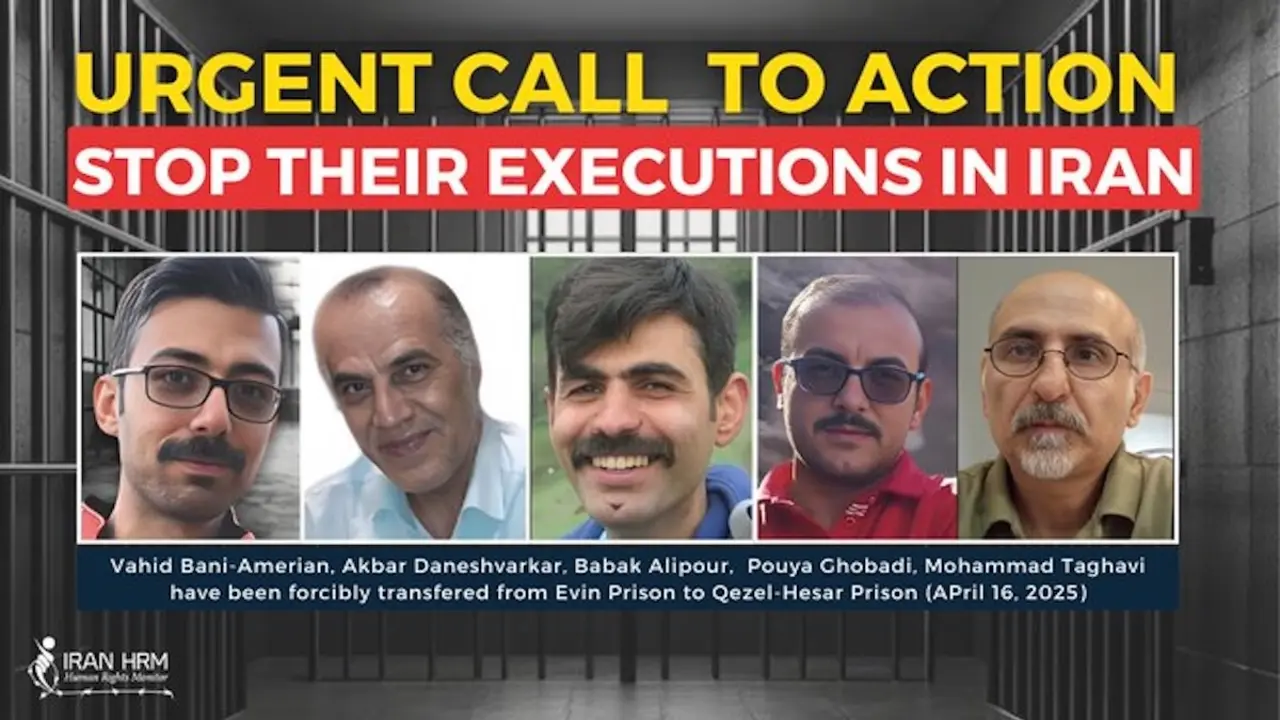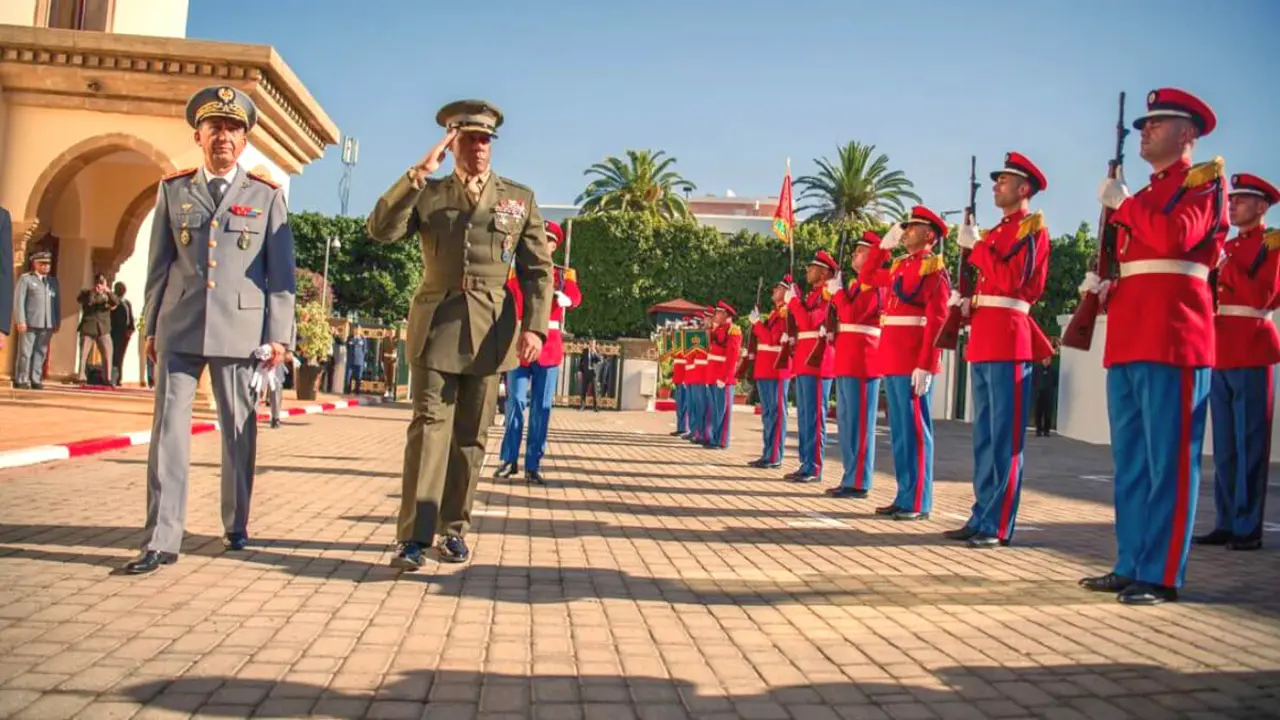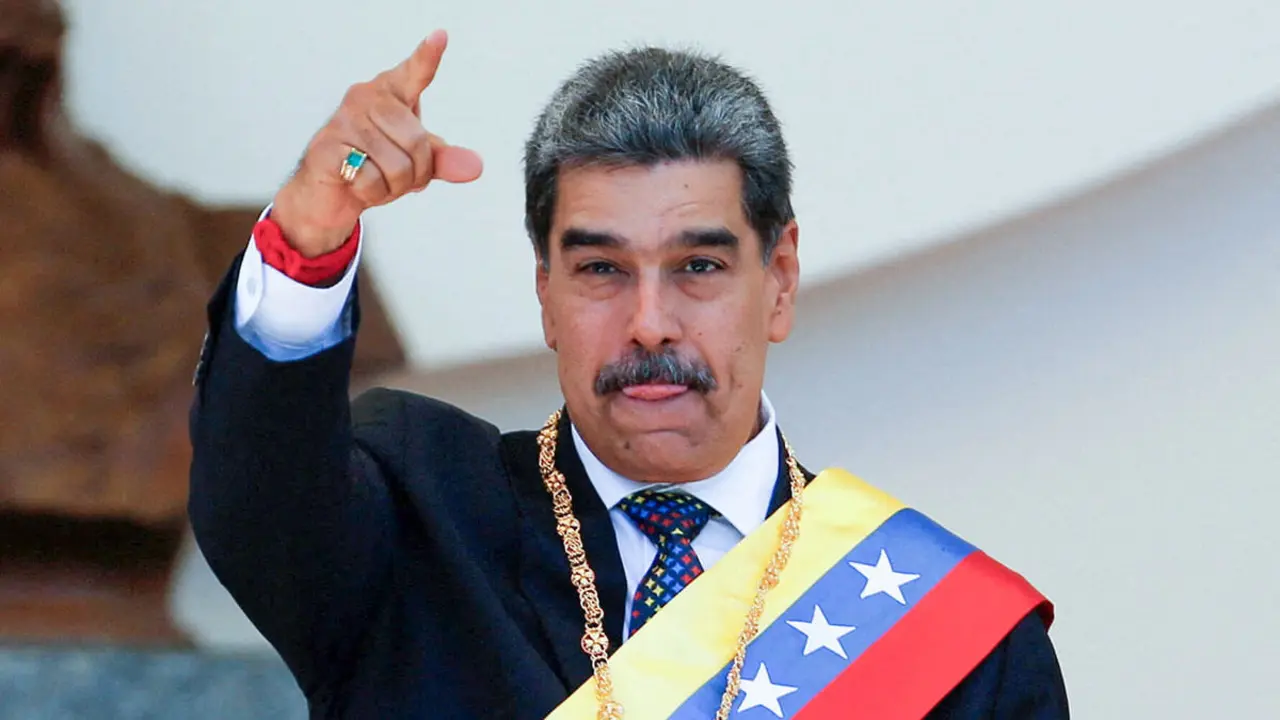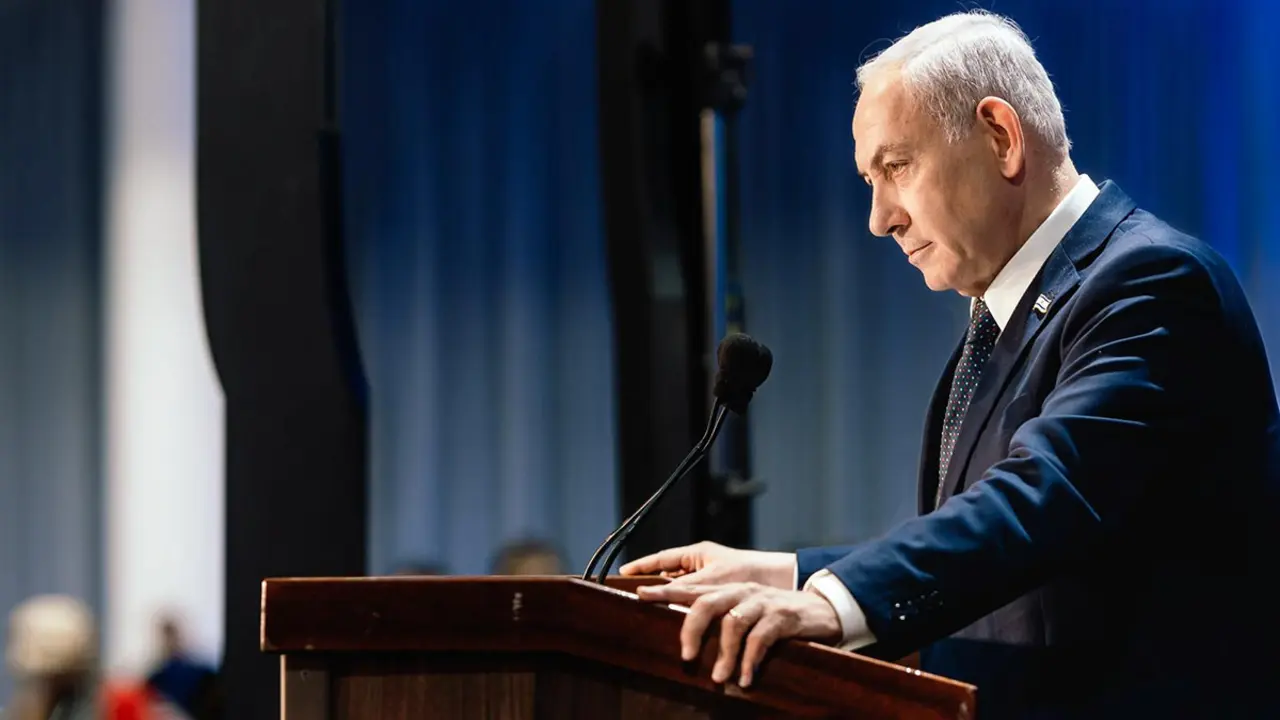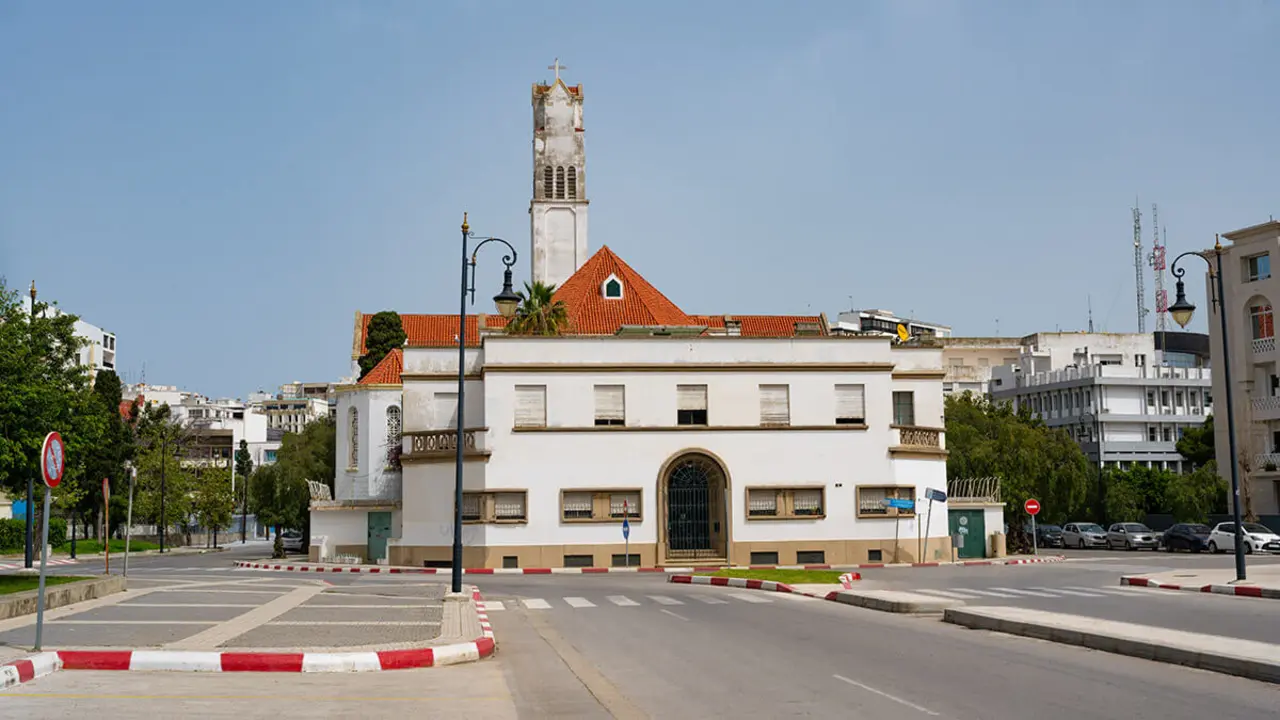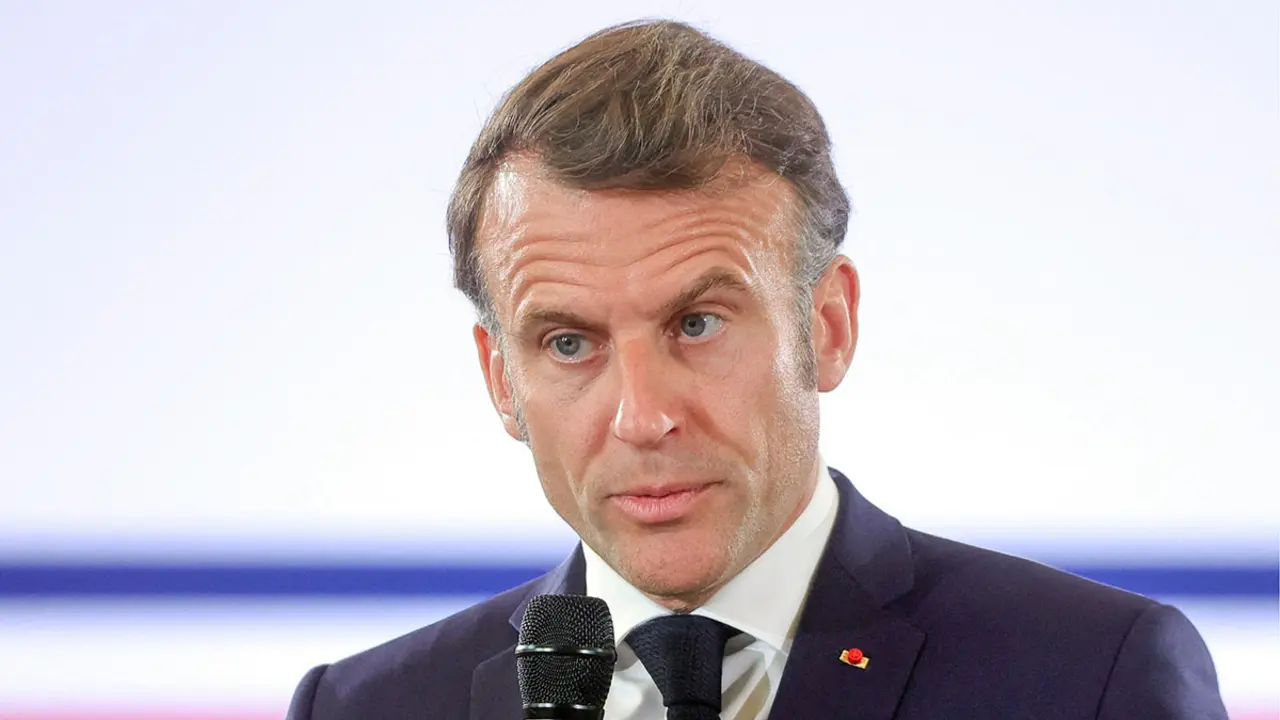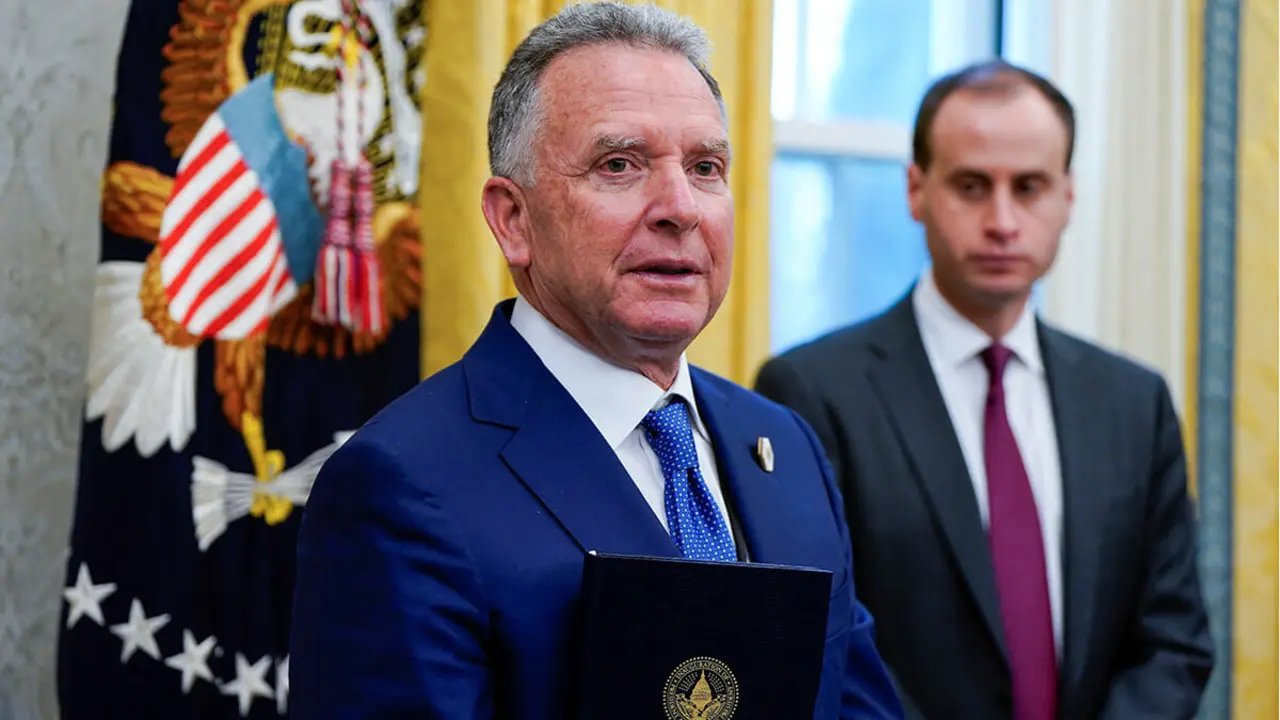¿Por qué está acusado el periodista marroquí Omar Radi?

Moroccan journalist Omar Radi, already under investigation for alleged espionage, has been charged this week with an alleged crime of rape, following a complaint filed by a citizen and an investigation conducted by members of the Judicial Police of the Royal Gendarmerie, according to a statement issued by the Casablanca Prosecutor's Office.
In April 2019, Omar Radi published a tweet in which he "insulted a judge," the prosecutor's office said. It noted that in March, almost a year later, the Casablanca court of first instance sentenced Radi to four months in prison and a fine of 500 dirhams. Radi has been interviewed up to eight times since 24 June 2020 by the Casablanca judicial police as part of a preliminary investigation ordered by the prosecutor's office. During this period he has regularly published on social networks the summonses provided by the relevant authorities "to present her biased version of the facts".
The Casablanca Public Prosecutor's Office has ordered the preventive arrest of Omar Radi for a number of offences including violent sexual assault, following a complaint allegedly lodged by a colleague of his on the digital Le Desk.ma, as well as for receiving foreign funds with the aim of "undermining State security and making contact with agents of a foreign State in order to weaken the diplomatic situation of the Alaouite kingdom". The crime of rape is punishable by 5 to 10 years, while the accusation of undermining the foreign security of the State carries a penalty of up to five years.
Omar Radi -- winner of the 2013 investigative journalism prize of the Moroccan Association of Investigative Journalism, considered to be one of the most critical of the power in the Maghreb country -- has been able to freely exercise his profession as a journalist, according to the Moroccan authorities, who have assured him that "he has never been questioned or interrogated in any way in the course of his work or activities". They also stressed that, although he had never reported any violations or restrictions in this regard to the competent judicial authorities, since the end of 2019 and after being charged, he had made several complaints of intimidation or harassment.
The Moroccan authorities insist that the proceedings brought against him "have nothing to do with his status as a journalist or with the freedom of expression guaranteed by the Moroccan Constitution", claiming that the Maghreb country has made a great effort to guarantee the institutional independence of the judiciary in order to ensure the effectiveness of this public service. They have also insisted that this institution meets all the requirements for the protection of rights and freedoms of any person, including the activation of the principles on the guarantee of a fair trial.
In this regard, the authorities have insisted that Morocco has adopted in recent years several laws that consolidate the independence of the judiciary, highlighting the Organic Law No. 10013 on the Supreme Council of the Judiciary or Law No. 3317 of 18 September 2017, transferring the powers of the government authority responsible for justice to the King's Attorney General at the Court of Cassation.
For this reason, they have stressed that in cases of ordinary law - such as those allegedly involving Omar Radi - it is up to the Moroccan judiciary to "guarantee the rights of all parties involved". Morocco explained that the handling of this type of case "is carried out in accordance with the law and in strict compliance with the principles of the presumption of innocence and the confidentiality of the investigation" and criticised the prosecuted journalist for revealing elements of these investigations concerning him "in a clear attempt to maintain the erroneous perception of the alleged judicial harassment against him".
Finally, the Alaouite kingdom has highlighted "the diversity" of Morocco's media landscape. According to the data provided by the authorities, of the 252 publications and newspapers that have proceeded to administrative storage in 2019, none has been censored, banned or withdrawn; in addition to the 365 digital ones officially registered with the communications ministry, no site has been blocked. As for the international press, the Maghreb country has accredited 91 correspondents and cameramen of different nationalities and continents, representing 50 foreign media, according to this information.

